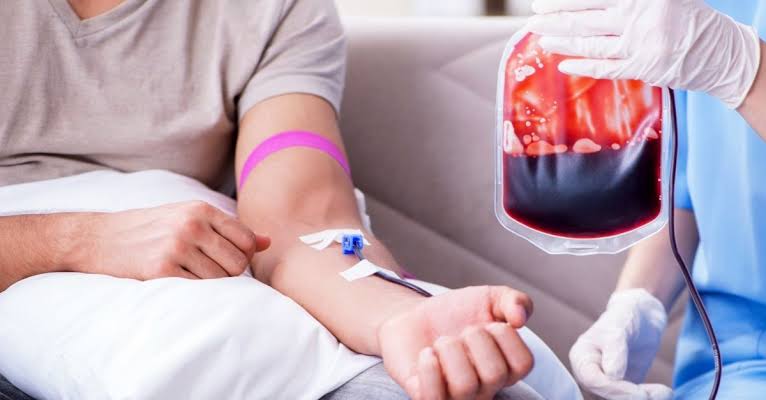Postpartum hemorrhage (PPH) is a condition where there is severe vaginal bleeding more than normal after giving birth which causes deterioration of the stability of the patient. It can occur immediately after the placenta comes out or it can occur later too. It is a serious condition that occurs in 1 in 100 women and can even lead to death if untreated. Early detection and treatment are necessary for postpartum hemorrhage. If you are pregnant then this article is for you to be aware of PPH so that you can seek medical help as soon as possible if you have one.
What is the cause behind postpartum hemorrhage?
There are multiple reasons why it can occur. Once the baby is delivered, the uterus contracts to push the placenta out. These contractions also put pressure on the blood vessels to control the bleeding. If these contractions are not strong enough then the bleeding continues uncontrollably. It can also occur if there is an injury or tear in the cervix or vaginal canal or it can also occur if there is an injury to the major arteries in case of a cesarean section. PPH can also happen in case of a retained placenta. Certain blood clotting disorders also result in PPH.
Who are at risk of having PPH?
Women with the following criteria are at high risk of having PPH:
(1) Women who had a c section
(2) History of Placental disorders like Placental abruption (where the placenta is separated from the uterus in the womb) or placenta previa (where the placenta covers the opening of the cervix) during pregnancy
(3) High BP during pregnancy
(4) History of multiple pregnancies or multiple births
(5) History of prolonged labor
(6) History of forceps or vacuum-assisted delivery
(7) History of anemia in present pregnancy
(8) In case of big baby or polyhydramnios
What are the symptoms of PPH?
Symptoms include heavy vaginal bleeding (changing more than 6 pads per day), giddiness, dizziness, palpitations and blackouts. It can cause pain and swelling in the vaginal area (in case of vulval hematomas).
Why is treating PPH early important?
Losing a lot of blood causes increase in pulse rate and drop in BP initially, which can result in dizziness or even cause fainting. If further left untreated it causes decreased blood flow to major organs like the brain, heart, liver, and kidneys which makes them fail to function. This leads to sudden shock and death.
How is PPH usually treated?
Treatment depends on what has caused the bleeding. If it is due to weak contractions then medications will be prescribed to stimulate contraction. If it is due to injury or tear in the vagina or pelvic tissue then the repair will be done to control the bleeding. Fluid resuscitation and Blood transfusion is done to replace the lost blood. Manual removal of placenta is done in case of retained placenta. In case none of these work out, then surgical removal of uterus is done.
What can you do to prevent PPH?
Make sure your iron levels are in range, especially in the third trimester. If you are anemic, taking iron-rich foods and medication, as prescribed, is important. Have a institutional delivery will help in prevention, early detection and prompt treatment of PPH. Once you reach home and you experience bleeding which makes you change six pads or more, then seeking medical help immediately is important.
